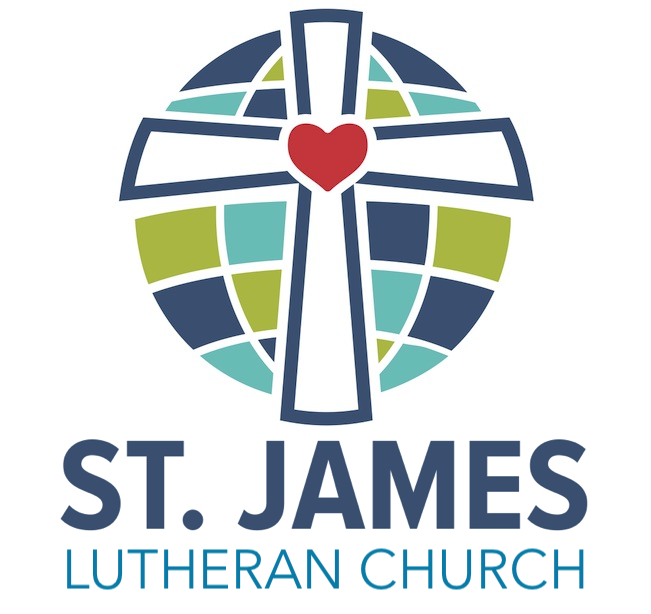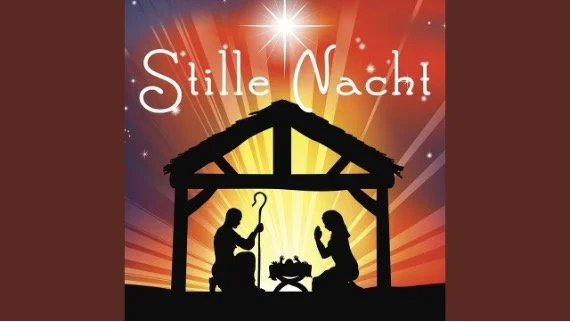Silent Night
So the Word became human and made his home among us. He was full of unfailing love and faithfulness. And we have seen his glory, the glory of the Father’s one and only Son. John 1:14
“Silent Night” or “Stille Nacht” as it is translated in its original German is traditionally a song that is a part of the Christmas Eve service. There are many wonderful songs that mark this season of Christmas, but this one song really has a power to stop us in our tracks.
We don’t get any indication from scripture that the night was truly silent but there’s absolutely no doubt that it was a holy one. Perhaps the writer of this famous and a favorite song of the season imagined this holy event was so different from any other night because for the first time in history, God entered the world in human form, while still being truly God.
The story behind this song has a certain reverence to it when you learn its history. It was composed on a cold Christmas eve in 1818 during a time in Austria when life was very difficult due to war, it was at the end of the Napoleonic Wars, and experiencing famine, poverty, and disease. The author of the song was Father Joseph Franz Mohr. He wrote this as a poem in 1816 when he was assigned to a church in Austria. It was in 1818 when he had the idea to put his poem to music for the Christmas Eve service – the service that was just hours away!
So, Mohr set out to seek help from his friend, who served as the church’s choirmaster and organist, to set the poem to music. Franz Gruber composed the music, but he had to do it for guitar accompaniment because the church organ had been damaged by either recent flooding or by rodents. So, on December 24, 1818, the song was put together and performed by Mohr and Gruber at that midnight service.
This song has been translated hundreds of times in many languages and is sung in one form or another around most of the world. The “Silent Night” translation that we sing today in English first appeared in 1863, the year of Franz Gruber’s death and 45 years after the song’s initial performance in Austria.
One more moment in history where this song, at least for a little while, changed the circumstances of those involved - The Christmas Truce of 1914. This is a recorded event in World War 1 when the Germans singing “Stille Nacht” was met by British troops singing the same song. Both sides came out of their trenches to sing, exchange rations, and even play games. A powerful moment, though short-lived, demonstrates the desire we really have for peace and brotherly love.
The version we sing today is the translation of the first three verses of Mohr’s original six verse poem. Of our translation I really like the third verse – God’s promise fulfilled:
Silent night, holy night,
Son of God, love’s pure light
Radiant beams from Thy holy face,
With the dawn of redeeming grace,
Jesus, Lord, at Thy birth,
Jesus, Lord, at Thy birth.
Father Mohr, himself, had a very difficult background and personal history. God plucked him out of a life of struggle to bring the Word and Gospel of the Lord to the people of his town. Soon this magnificent song ministered to countless numbers of people experiencing difficult times. Father Mohr’s words in the song bring a sense of calm and peace expressing how God is and always will be in the world no matter the circumstances.
And as the third verse reminds us - Jesus’ birth ushers in God’s redeeming grace and in Him, though perhaps caught up in difficult challenges, we are able to deliver meaningful testimonies of that grace.
My God bless you and your loved ones this Christmas!
Lord God, I pray that on this Silent Night the whole world may be filled with Your glory. In Jesus’ name, AMEN.

